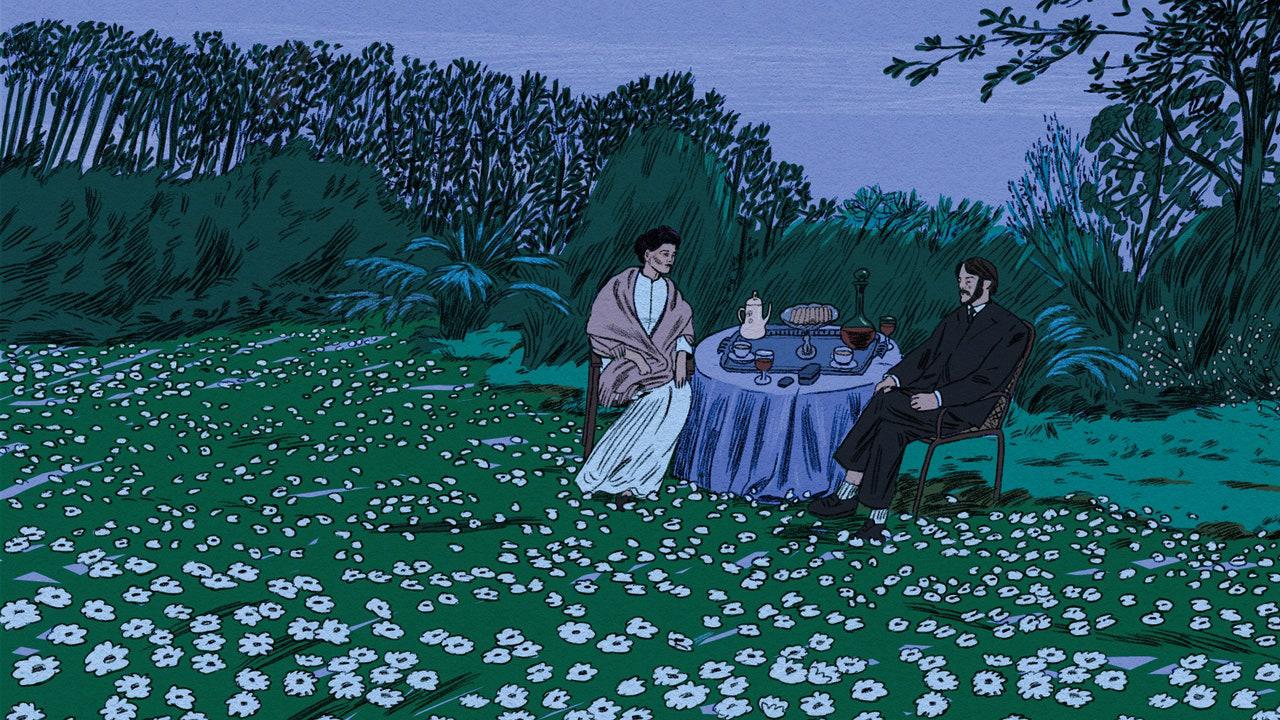A Philosophy of Pleasure in “The Taste of Things”

2024-02-05 词
This being France, one pleasure drips into another. Now and then, Dodin goes to Eugénie’s bedroom door, seeking admittance. There is no sense of droit du seigneur; it’s more as if they have agreed upon a discreet romantic affinity, and the question of why they have never wed, and whether the knot might yet be tied, is openly aired. “Marriage is a dinner that begins with dessert,” Dodin says. The casting helps; Magimel, stocky and solicitous, is the opposite of rakish, and Binoche, as ever, is nobody’s fool, with a laugh as nourishingly earthy as the vegetable that she holds, uprooted from the soil, in the opening moments of the film. (The two actors were formerly a couple in real life, and had a daughter in 1999.) Invited to join Dodin and his friends—all of whom are rightly in awe of her—to consume a sumptuous feast that she has made, Eugénie demurs, preferring to stay in the kitchen. “I converse with you in the dining room through what you eat,” she says.
免责声明:本文来自网络公开资料,仅供学习交流,其观点和倾向不代表本站立场。